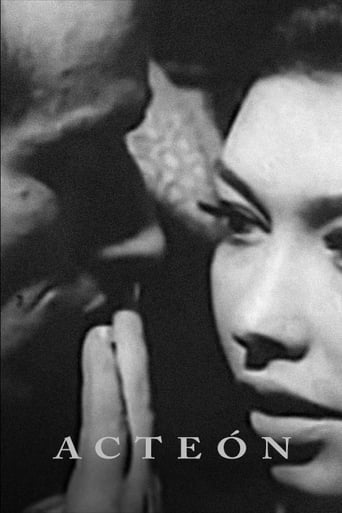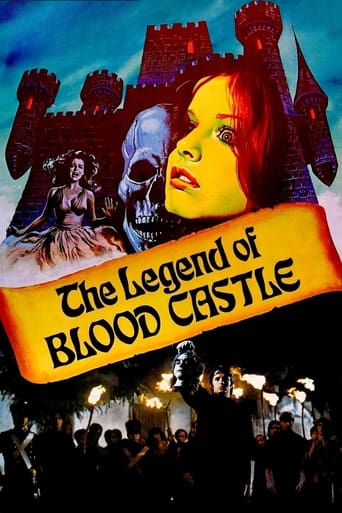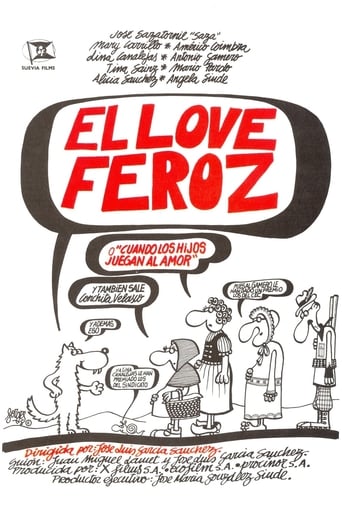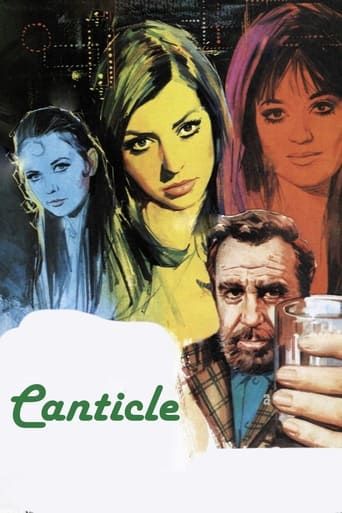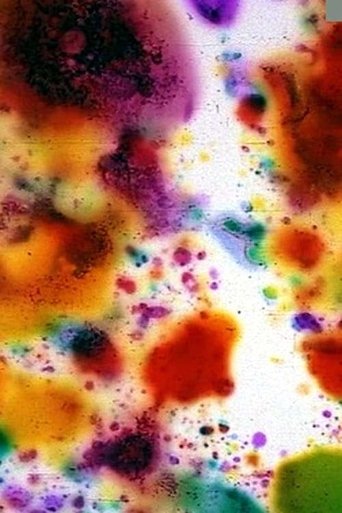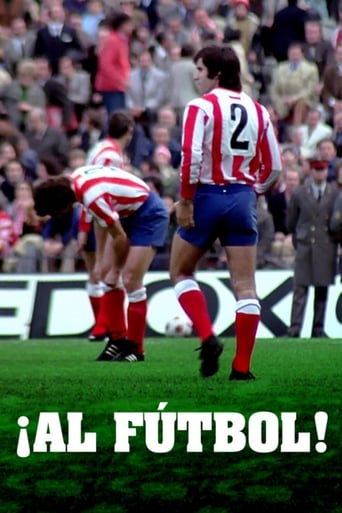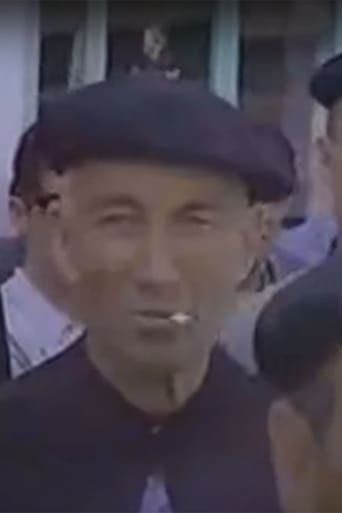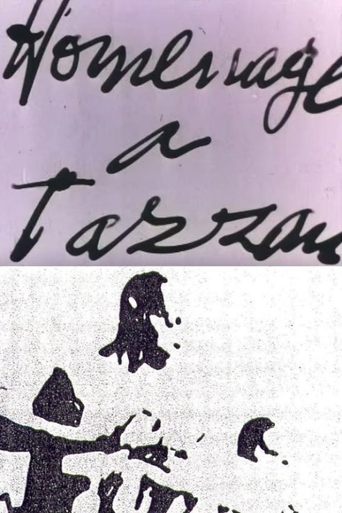Acteón 1967
An expressionist reimagining of the classic Greek myth involving Acteón and Diana, transposed to Spain's Costa Brava by a future auteur of horror cinema. Based on the myth from Ovid's Metamorphoses in which Acteón accidentally catches a glimpse of Diana, the goddess of love, and is subsequently turned into a deer for his dogs to devour, Jorge Grau's modernist retelling resets the story to contemporary Spain, where a fisherman – played by Martin LaSalle, star of Bresson's Pickpocket – follows an enchanting, flirtatious stranger into the city.
